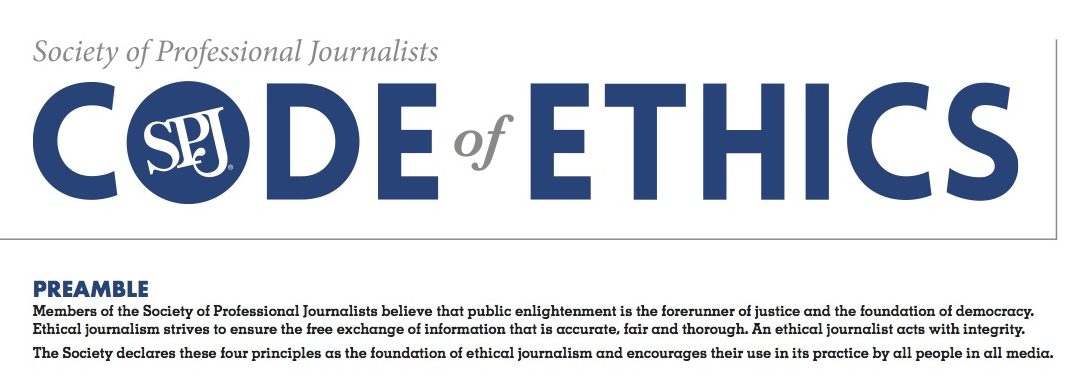A thriving democracy stems from understanding the power of protest
Fresno Bee, October 20, 2017
These are contentious times. We argue about athletes and flags, racism and sexism. We dispute climate change, economic policy, sex and gender, reproductive rights, and immigration. And of course we disagree about religion.
This is what it is like to live in a thriving secular democracy. The modern world is founded upon the value of individual conscience. We are encouraged to question religious and political authority. We understand the power of protest.
One important milestone in the evolution of the modern spirit occurred 500 years ago, on October 31, 1517. That is when Martin Luther nailed his 95 Theses to the door of Wittenberg Church. This legendary act is the symbolic beginning of the Protestant Reformation.
FOLLOWING LUTHER, WE MODERNS TEND TO BELIEVE THAT TRUTH AND CONSCIENCE ARE MORE IMPORTANT THAN ALLEGIANCE TO INSTITUTIONAL AUTHORITY.
Luther’s protest was based on his Christian faith. But he also asserted a fundamental claim about truth and individual conscience. In the prologue to his Theses, Luther declared his love of truth. He published his Theses in an effort to bring truth to light.
Following Luther, we moderns tend to believe that truth and conscience are more important than allegiance to institutional authority. We believe that protests and questions can help to reform corrupt structures of power.
Truth has often been manipulated by the powerful. Today dishonest leaders deal in fake news, while feathering their own nests. In Luther’s day, crooked clerics enriched themselves by peddling indulgences—a scam through which rich people bought their way out of purgatory.
 The antidote for corruption is honesty and decency. Luther suggested that without a commitment to truth and morality, authorities and institutions leave themselves open to ridicule, slander and doubt.
The antidote for corruption is honesty and decency. Luther suggested that without a commitment to truth and morality, authorities and institutions leave themselves open to ridicule, slander and doubt.
It is obvious that leadership requires respect for the truth and a commitment to virtue. But we also need bold protestors who have the audacity to speak truth to power. We need intrepid gadflies like Socrates and Luther who sting the powerful with probing questions.
When Luther testified at the Imperial Diet of Worms, in 1521, he asked for an open and honest debate about his interpretation of Christianity. If he was wrong, he asked to be shown his error. He declared, “I cannot and I will not recant anything, for to go against conscience is neither right nor safe.” His speech concluded with the legendary words, “Here I stand. I cannot do otherwise.”
Luther’s request for reasonable dialogue and his declaration of conscience are central features of modernity. We believe that progress is made when free persons debate the truth. But corrupt authorities are not interested in dialogue. They value conformity. And they occasionally resort to violence to enforce orthodoxy.
MODERN FREEDOM IS A REMARKABLE AND RARE ACHIEVEMENT OF THE HUMAN SPIRIT.
To say “here I stand” is to affirm that individuals can discover wisdom without institutional intermediaries. This invites attacks from those who prefer us to sit down and shut up. But progress occurs when we refuse to be silent and stand up for truth.
I’ve been talking about Luther with a group of scholars and clergy who will participate in a discussion of the legacy of the Reformation. One of my collaborators on this project is the Rev. David Norris, a Catholic priest who works at the Saint Paul Catholic Newman Center.
Father Norris sees similarities between Luther’s time and our own. He says, “Calls for reform soon became disrespectful argumentation, power plays and name calling, mutual condemnations and politicization of issues.” In Luther’s time as in our own, he explains, there is “an unfortunate disregard of factual information, as well as a decline in civil discourse.”
Despite these similarities, I think that things are better today. Our secular system respects freedom of conscience. We have established a wall of separation between church and state. And instead of repressing dissenters, we admire those who have the courage to say, “here I stand.”
The modern secular world developed out of long centuries of violence and intolerance. Heretics were burned. Wars were fought. Genocide was invented along with totalitarianism.
Modern freedom is a remarkable and rare achievement of the human spirit. Political and religious authorities continue to want conformity and obedience. But modern democratic people continue to question authority.
Truth is a fragile flower. But it is persistent and perennial. And it flourishes when bold individuals speak their minds and take a stand.
http://www.fresnobee.com/living/liv-columns-blogs/andrew-fiala/article180023061.html





